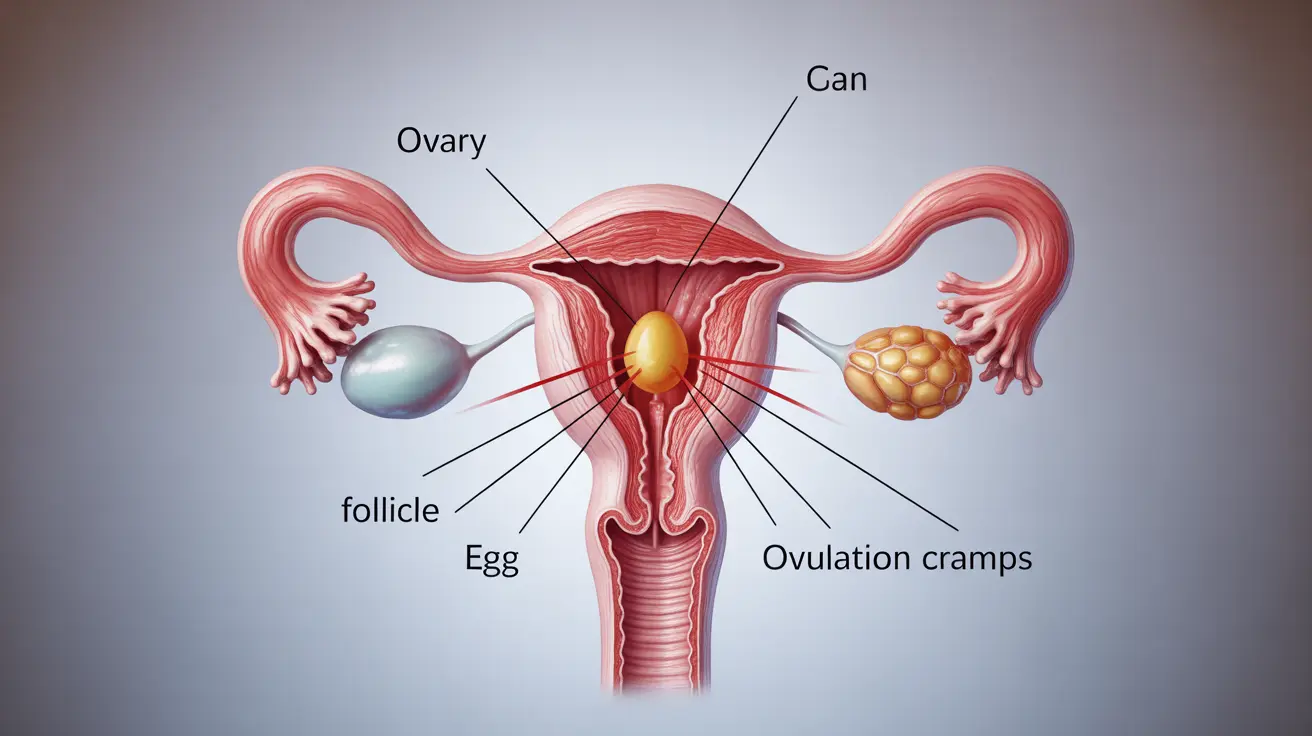Perimenopause rage is a challenging but common experience that many women face during their transition to menopause. This intense anger and irritability can feel overwhelming and often catches women off guard, impacting their relationships, work life, and overall well-being. Understanding the root causes and learning effective management strategies is crucial for navigating this complex hormonal phase.
If you're experiencing sudden bursts of anger or finding yourself more irritable than usual during perimenopause, you're not alone. This guide will help you understand why these emotional changes occur and provide practical solutions for managing them effectively.
The Science Behind Perimenopause Rage
During perimenopause, fluctuating hormone levels, particularly estrogen and progesterone, can significantly impact mood regulation and emotional responses. These hormonal changes affect neurotransmitters in the brain, including serotonin and dopamine, which play crucial roles in mood stability and emotional well-being.
The unpredictable nature of these hormonal shifts can trigger intense emotional responses, leading to what many women describe as "rage episodes." These aren't simply bad moods – they're physiological responses to significant biological changes.
Identifying Perimenopause Rage Symptoms
Recognizing the signs of perimenopause rage is the first step toward managing it effectively. Common manifestations include:
- Sudden, intense bursts of anger
- Increased irritability over minor issues
- Difficulty controlling emotional responses
- Feeling overwhelmed more easily
- Heightened sensitivity to stress
- Unexpected emotional outbursts
The Impact of Other Perimenopausal Symptoms
Perimenopause rage doesn't occur in isolation. Other perimenopausal symptoms can intensify mood disturbances:
Sleep Disruption
Night sweats and insomnia can lead to sleep deprivation, making it harder to regulate emotions and cope with daily stressors.
Hot Flashes
These sudden temperature surges can cause physical discomfort and anxiety, potentially triggering irritability and anger.
Physical Changes
Weight fluctuations, fatigue, and other physical symptoms can affect self-image and mood, contributing to emotional volatility.
Treatment Options and Management Strategies
Hormone Replacement Therapy
For some women, hormone replacement therapy (HRT) can effectively stabilize mood swings and reduce rage episodes by addressing the underlying hormonal imbalances. However, this option requires careful discussion with a healthcare provider to weigh potential benefits and risks.
Lifestyle Modifications
Several practical approaches can help manage perimenopause rage:
- Regular exercise to reduce stress and boost mood
- Consistent sleep schedule and sleep hygiene practices
- Stress-reduction techniques like meditation or yoga
- Balanced nutrition with emphasis on mood-supporting foods
- Regular relaxation practices
Support Systems
Building a strong support network is crucial during this transition. This might include:
- Professional counseling or therapy
- Support groups for perimenopausal women
- Open communication with family and friends
- Regular check-ins with healthcare providers
Frequently Asked Questions
What causes perimenopause rage and how are hormone changes involved?
Perimenopause rage is primarily caused by fluctuating levels of estrogen and progesterone during the menopausal transition. These hormonal changes affect brain chemistry and mood regulation, leading to increased irritability and anger responses.
What are the common symptoms of perimenopause rage and how can I recognize them?
Common symptoms include sudden intense anger, disproportionate emotional responses to minor triggers, increased irritability, difficulty controlling emotions, and frequent mood swings. These symptoms often feel different from typical stress responses or regular mood fluctuations.
How can hormone replacement therapy help manage perimenopause rage?
Hormone replacement therapy can help stabilize hormone levels, which may reduce mood swings and rage episodes. It works by supplementing declining hormone levels, helping to restore balance and improve emotional regulation.
What lifestyle changes or coping strategies can reduce irritability and anger during perimenopause?
Effective strategies include regular exercise, stress management techniques, adequate sleep, balanced nutrition, and mindfulness practices. Creating a routine that incorporates these elements can help maintain emotional equilibrium.
How do other perimenopausal symptoms like poor sleep or hot flashes contribute to mood swings and rage?
Physical symptoms like sleep disruption and hot flashes can create additional stress on the body and mind, making it harder to cope with emotional challenges. These symptoms can compound feelings of frustration and irritability, potentially triggering or intensifying rage episodes.




